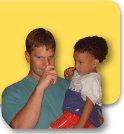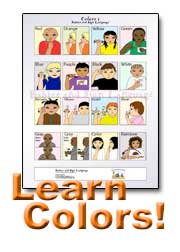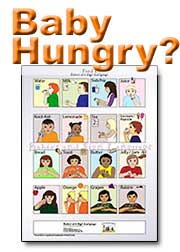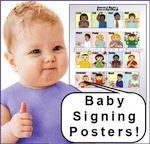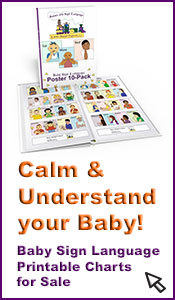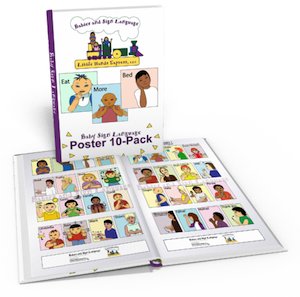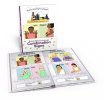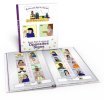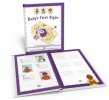Baby Body Language What is my infant 'saying' to me?
Not all body movement in infants are reflexes, however. Dont worry, when they smile, they are truly expressing happiness, not acting on a reflex.
You might notice some of these actions as your baby grows:
- Arching of the back, flexing of the fingers and toes, and opening their eyes wide. This usually indicates pain.
- Wrinkling the nose shows disgust.
- Your baby purposefully averting your eye-gaze could mean they want some alone time.
- If their hands are clasped in front of their chest, it usually means they are ready to play!
- Covering their eyes with their hands might be a way to block off loud noise or lots of movement. If your child does this, it might be a good opportunity for quiet time.
- If your baby squints her eyes, narrows and lowers her eyebrows, and opens her mouth in a square shape, it probably means shes angry!
We may not realize it, but babies can feel a whole array of emotions!
- Happiness
- Sadness
- Interest
- Distress
- Disgust
- Anger
- Fear
- Guilt
- Contempt
- Surprise
- Shame
In time, you will come to identify your babys needs. This information can be used as a starter for new parents or a refresher for experienced ones. Just remember thatevery baby is different. Babies, just like everyone else, have different personalities. Once you find what makes your baby tick -- keep with it!

